Mining earnings jump 100pc since 2017
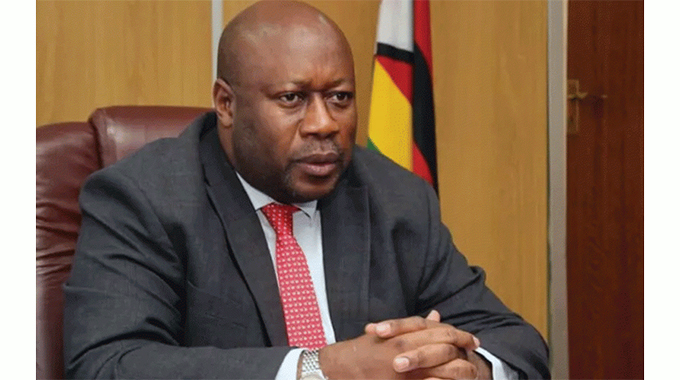
Prosper Ndlovu–Bulawayo Bureau
ZIMBABWE’S mining sector has achieved more than 100 percent growth in earnings under the Second Republic led by President Mnangagwa, evidenced by the massive jump in mineral exports to US$5,62 billion realised in 2022 when compared to about S$2,7 billion in 2017.
The sector is a shining example of growing investor confidence in the country in response to comprehensive policy reforms, which have seen fresh investments running into billions of dollars in high-impact projects being recorded across various mineral sub-sectors.
Official Government figures show the mining industry alone has attracted more than US$6 billion in new projects in the last four years, with a corresponding increase in output, export earnings, and massive job creation impact along the value chain.
According to latest Reserve Bank of Zimbabwe (RBZ) figures, cumulative export earnings or proceeds for the year 2022 were US$7,42 billion compared to US$6,37 billion earned during the same period in 2021.
This represents an increase of 16,5 percent in 2022.
“The mining sector export earnings accounted for 75,8 percent of the total export earnings in 2022, underlying the need for diversification and broadening of the export base,” said the Apex Bank.
“Minerals underpinned merchandise exports performance in 2022, growing by 12,3 percent, from US$5,011 billion in 2021 to US$5,627 billion, on account of higher production coupled with favourable commodity prices for key commodities.”
As the country builds momentum towards the ambitious US$12 billion mining milestone target by the end of this year, maximising mineral beneficiation along the value mining chain is now a top priority as Government thrives to convert the country’s mineral resources into a catalyst for economic growth, Mines and Mining Development Minister, Winston Chitando, has said.
In line with the Second republic’s national thrust of fostering inclusive growth, social development and macro-economic stability as espoused under the National Development Strategy (NDS1), and the ultimate Vision 2030, the minister said the mining sector should be at the forefront of driving sustainable growth, leading to employment creation and poverty reduction.
“The main thrust is on mineral beneficiation along the mining value chain to convert the country’s mineral resources into a catalyst for economic growth,” said Minister Chitando while addressing to delegates to the just-ended African Mining Indaba held in South Africa.
“The country has huge mineral resource endowments to support the development of local value chains.”
His presentation was focused on unveiling mining opportunities in Zimbabwe and giving updates on project pipelines and investment opportunities.
Given that Zimbabwe has over 60 economic minerals available for exploration, and the scope for higher earnings through value addition and beneficiation, the minister said the country possesses much higher potential, which local and foreign investors must capitalise on.
He said the key opportunity value chains include gold, diamonds, and semi-precious stones, which are crucial in jewellery manufacturing.
Zimbabwe is also host to chromite reserves, iron, nickel, and carbon (from coal), which are vital in steel manufacturing and down-stream engineering products
There are also hydrocarbons (coal+CBM) for power generation, petrochemicals, and fertilizers while graphite and lithium deposits could be exploited for battery manufacturing and ceramic industries with phosphates being utilised for the manufacturing of fertilisers
“The country has highly diversified mineral endowment and investment opportunities, therefore, exist across the entire mining value chain,” said Minister Chitando.
He invited potential investors for exploration projects – both brownfield and greenfield saying the country is still under-explored with huge potential for new discoveries, particularly using modern exploration techniques.
Opportunities also abound in mining and extraction, said Chitando, pointing out that most of the mines are using antiquated machinery and require retooling to increase efficiency and productivity.
Across linkages within the entire economy, he said local value addition through support services such as supplies of mining equipment and consumables, financial services, management, and consultancy remains widely untapped.
The minister also outlined investment entry points that include the acquisition of a prospecting license followed by the pegging and registration of mining titles such as EPOS, claims, mining leases, special grants for all other minerals, and special grants for coal and energy minerals.
There is higher scope for investment by those interested in gold jewelry value addition, as well as entering into joint ventures with existing mining companies including the ZMDC, said Chitando.
As part of measures to stimulate investments, the minister said several fiscal and non-fiscal incentives have been created such as the competitive corporate tax rate of 25 percent, and 15 percent on holders of Special Mining Lease.
“There is no restriction on the amount of foreign currency brought in, there is no restriction on dividend remittances and on disinvestment, 100 percent repatriation of invested capital is allowed,” he said.
“VAT deferment is granted to mining companies on capital imported for a period of 120 days subject to the conditions set by the commissioner-general Zimra.
“Mining companies enjoy indefinite carryover of tax losses, there are progressive policy reviews across entire economy ongoing and continuous review and improvement of ease of doing business.”
The mining sector plays a significant role as one of the top economic drivers, contributing about 60 percent of export receipts and 13 percent to the country’s Gross Domestic Product (GDP), a key measure of economic development

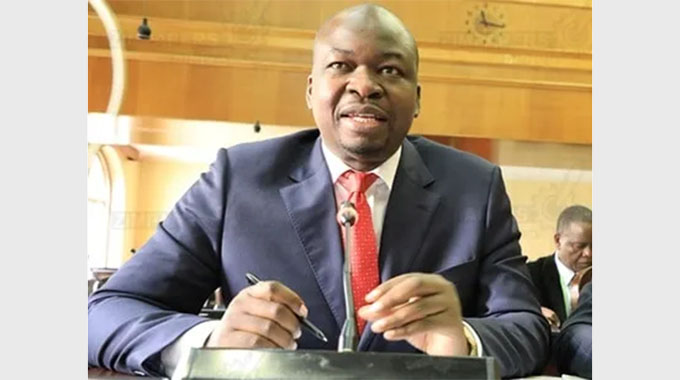
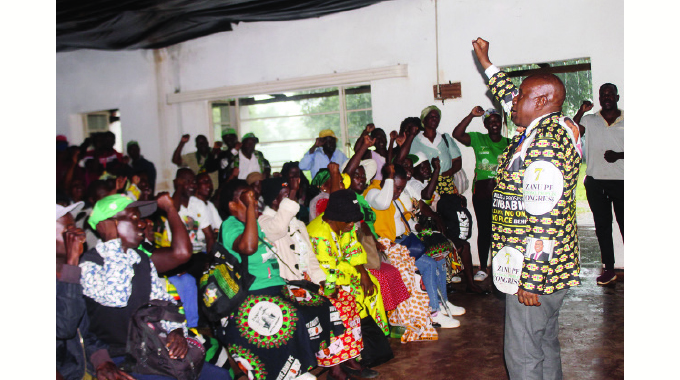
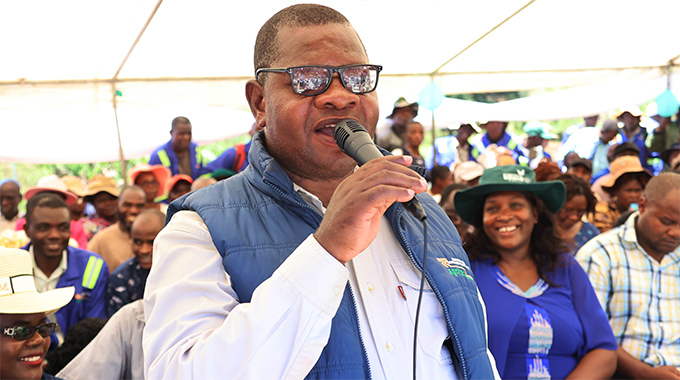

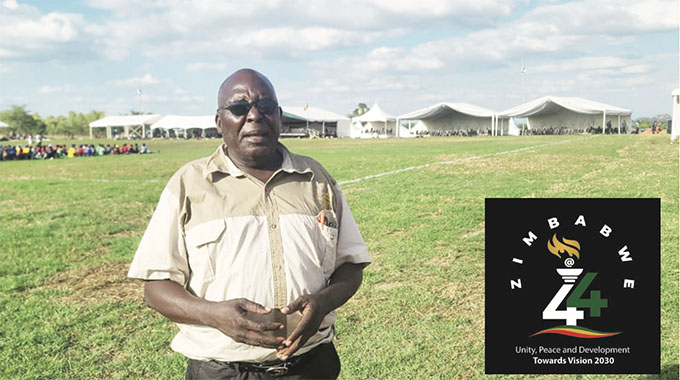

Comments